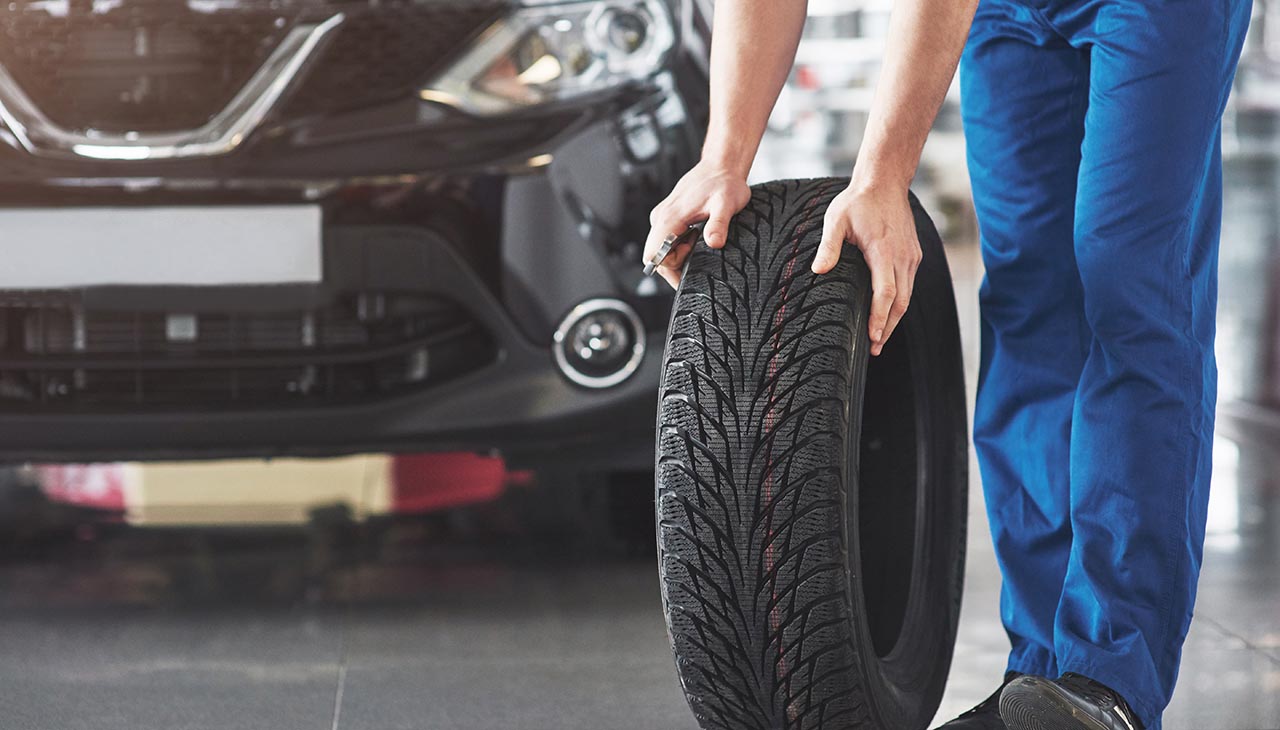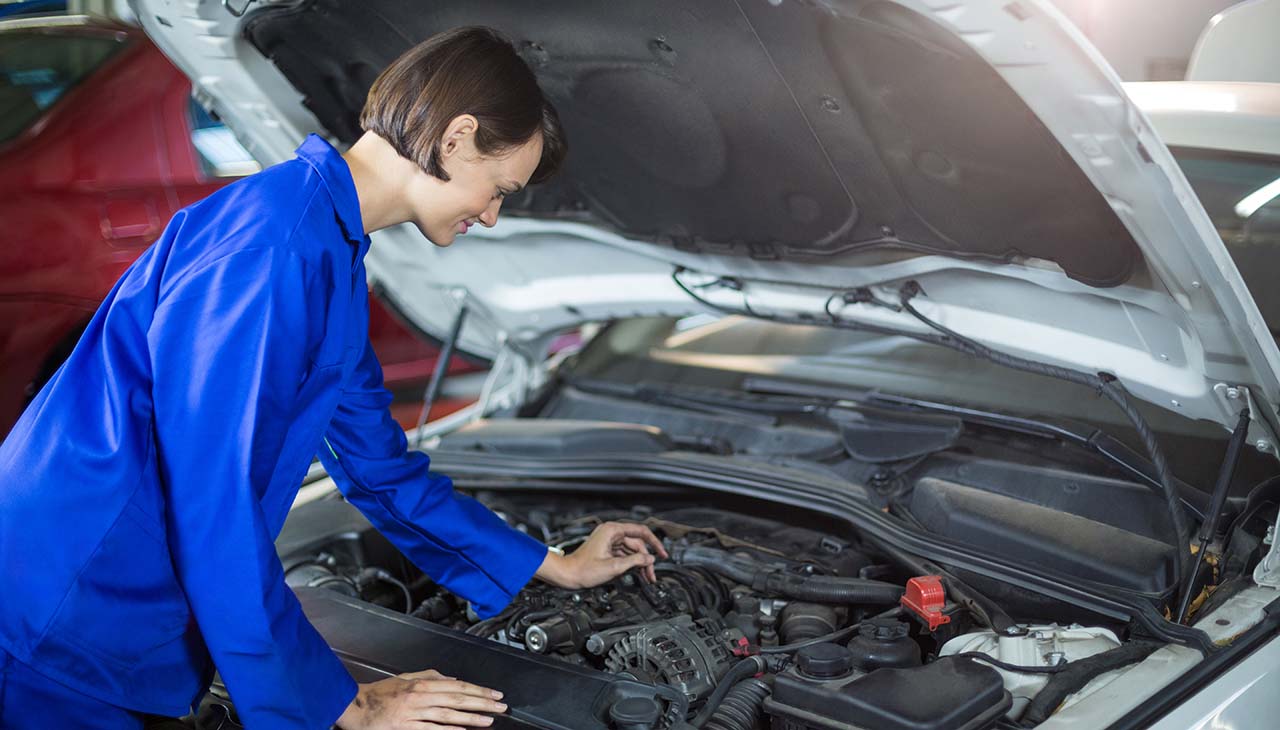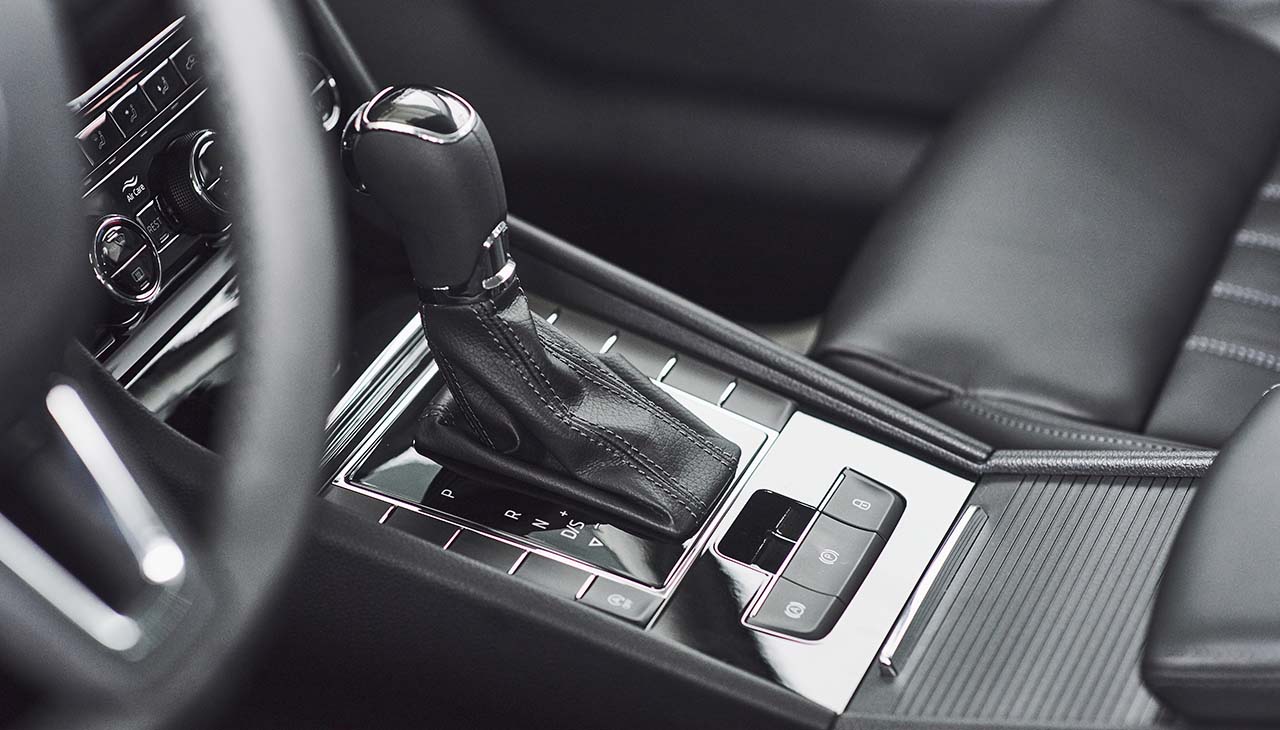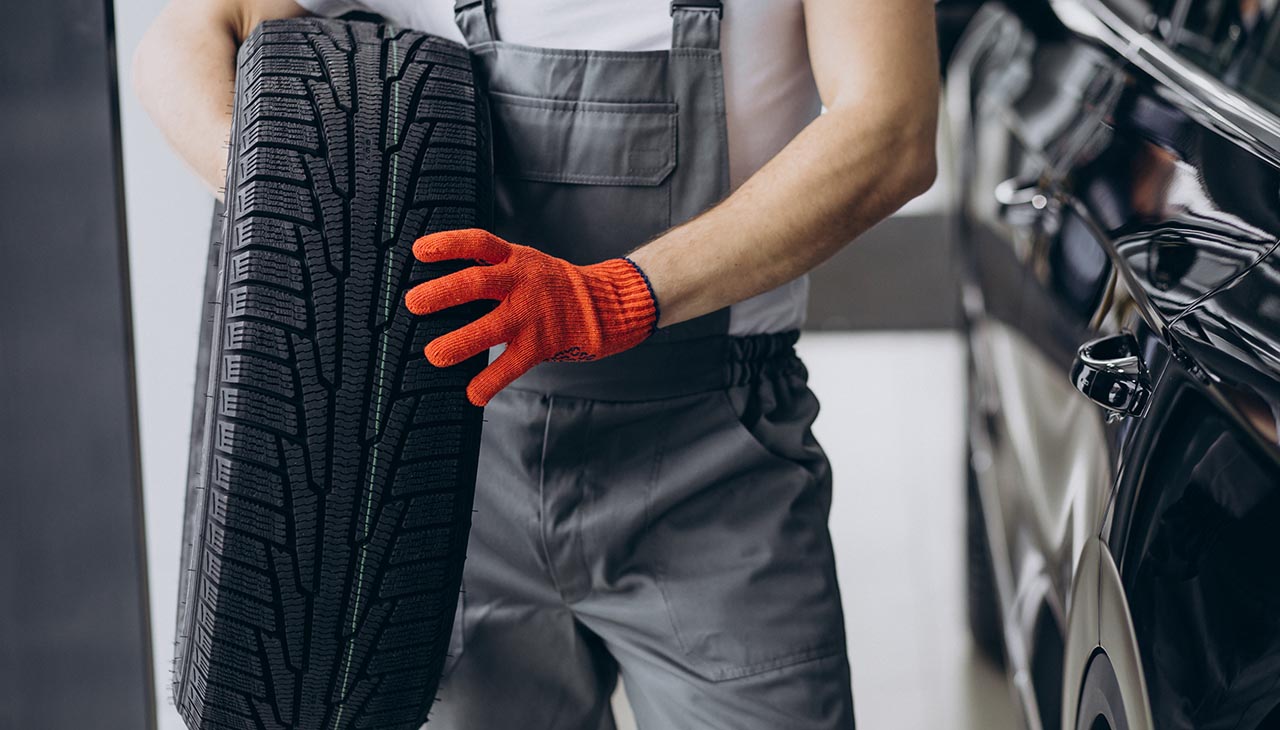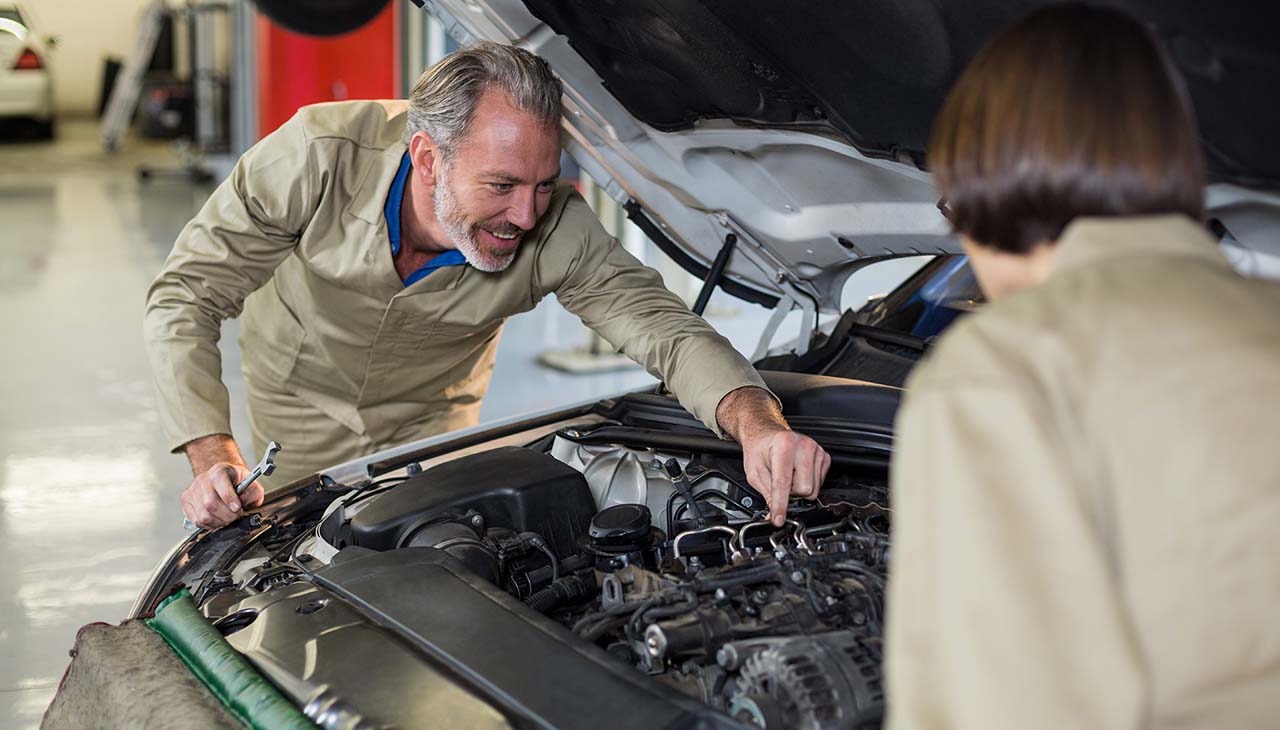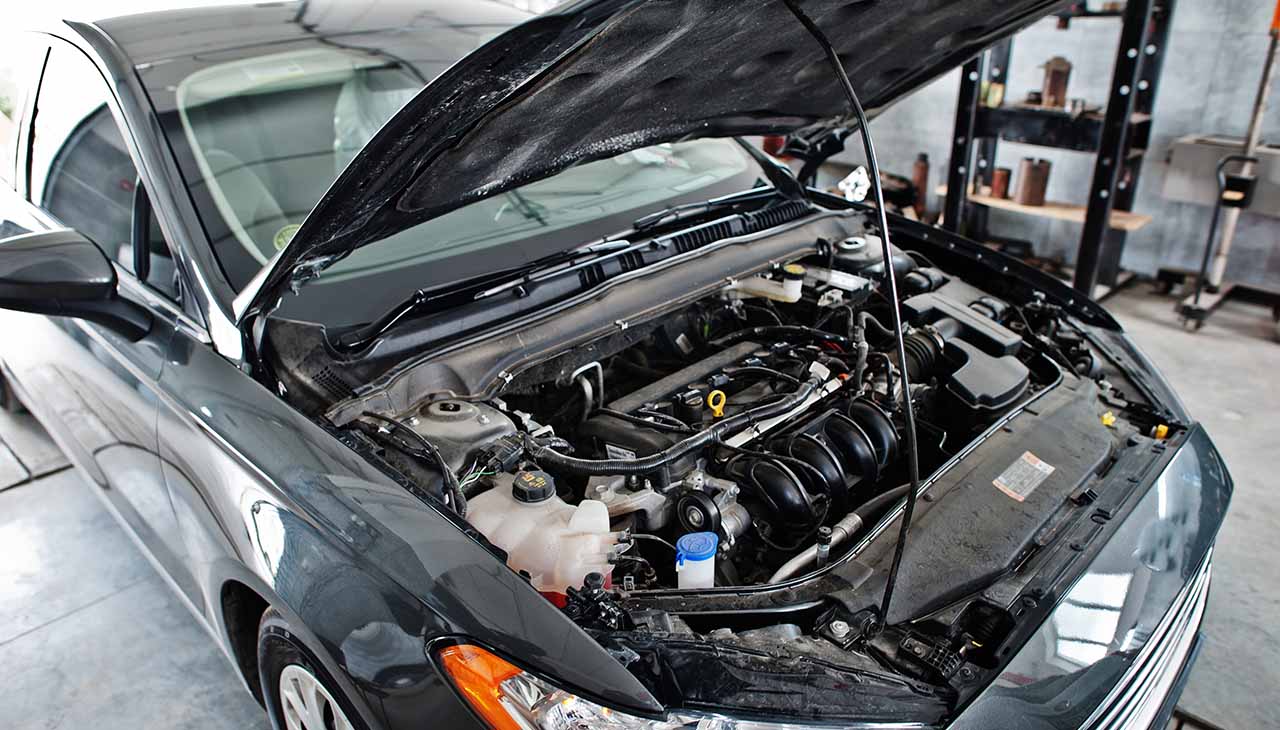When it comes to enhancing vehicle performance or conducting repairs, selecting the appropriate engine parts is vital. Whether you’re an automotive enthusiast looking to modify your machine, or a car owner needing to replace worn components, understanding the complexities of your vehicle’s engine is the foundation of making informed choices. This guide aims to demystify the process, providing insights on how to identify quality parts, the importance of compatibility, and the factors to consider for ensuring longevity and peak performance of your engine.
Understanding Your Vehicle’s Needs
Before diving into the vast market of engine parts, it’s crucial to identify the specific requirements of your vehicle. Factors such as the make, model, year, and engine type of your car will significantly influence the parts you need. Moreover, the intended use of your vehicle—be it for daily commuting, towing, racing, or off-roading—also dictates the level of performance you’ll expect from these components. High-performance parts for a racing car will differ markedly from those needed for a family vehicle. Always refer to your owner’s manual or consult with a professional mechanic to establish a baseline for your search.
Engine Components Overview
At the heart of every vehicle’s performance are the core engine components that work together to ensure smooth operation. The engine block is the structural backbone, hosting cylinders where combustion occurs. Attached to the engine block is the cylinder head, which houses the intake and exhaust valves controlling the flow of air and fuel into the cylinders and the expulsion of exhaust gases. The crankshaft, camshaft, and pistons form the crucial moving parts responsible for converting the energy from combustion into mechanical motion.
The fuel injection system modulates the delivery of fuel, ensuring that the precise amount is sprayed into the combustion chamber at the right instant. In conjunction with the ignition system—comprising spark plugs and coils—it ensures that the fuel/air mixture is ignited efficiently. Meanwhile, the timing belt or chain synchronizes the crankshaft’s and camshaft’s rotations, timing the opening and closing of valves in perfect harmony with the movement of pistons. Finally, the lubrication system, using the oil pan, pump, and filters, reduces friction and protects internal parts against wear. Each component plays a pivotal role in engine health and overall vehicle performance, which is why selecting the appropriate parts for replacements or upgrades is essential.
Quality vs. Budget
Balancing Quality with Budget Constraints
Finding the equilibrium between quality and budget can be challenging when purchasing engine parts. Opting for less expensive alternatives might seem appealing in the short term, but lower quality parts may lead to increased maintenance costs and reduced longevity. Conversely, high-quality components, while initially more expensive, typically offer better performance, reliability, and durability. They also tend to have better warranty provisions, which can provide peace of mind and long-term cost savings. It’s essential to consider the long-term implications of part selection. Investing in high-quality parts can result in fewer breakdowns and mechanical failures, potentially averting costly repairs and downtime. Vehicle owners should weigh their current financial capacity against the potential long-term cost benefits of choosing higher quality parts, striking a balance by prioritizing crucial components that affect the engine’s core functionality.
Research and Compatibility
Conducting thorough research to ensure compatibility with existing engine components is a non-negotiable step in the process of selecting engine parts. Compatibility is key to maintaining engine integrity and performance. To avoid any mismatch, it is advisable to refer to the Vehicle Identification Number (VIN), which offers a detailed blueprint of the engine specifications, and to cross-reference this with part numbers from manufacturers. Additionally, utilizing specialized automotive databases and consulting with experts can mitigate the risk of incompatibility. Choosing parts that are designed to work harmoniously with your vehicle’s specific engine design not only safeguards against performance degradation but also prevents potential damage to other engine components.
Performance Upgrades
For those looking to boost their vehicle’s performance, careful selection of engine parts is key. Performance upgrades can range from improving fuel economy to enhancing horsepower and torque. Aftermarket parts are a popular option for tuning enthusiasts, providing a wide variety of performance-enhancing upgrades. These can include high-flow air filters, performance camshafts, turbochargers, and advanced fuel system components. Aftermarket upgrades not only enhance performance but often allow for greater customization of your vehicle’s power output and handling characteristics.
At the same time, Original Equipment Manufacturer (OEM) parts offer reliability and compatibility guaranteed by the vehicle’s maker. While they may not always be specifically designed for performance enhancement, OEM parts maintain the vehicle’s original specifications and ensure smooth operation. For those not looking to alter their vehicle drastically but still want reliable improvements within the manufacturer’s parameters, OEM upgrades like high-performance spark plugs or oil filters can offer subtle but valuable advancements to engine effectiveness.
Whether opting for aftermarket modifications or OEM replacement parts, it’s crucial to consider the vehicle’s overall balance and the impact on other systems. Any upgrade should complement the existing setup, maintaining the vehicle’s safety and operability while pushing the boundaries of its performance.
Maintenance and Longevity
Regular maintenance and diligent selection of engine parts significantly influence vehicle longevity and reliability. Implementing a strategic approach to maintenance can minimize future mechanical issues and extend the life of the vehicle. This includes routinely checking and replacing filters, oil, and timing belts or chains before they fail. Opting for high-quality fluids and parts specifically designed for your engine type also has a substantial impact on maintaining optimal performance. It is advisable to follow a preventative maintenance schedule that aligns with the manufacturer’s recommendations to preserve engine health. Additionally, investing in high-quality, compatible parts can reduce the frequency of repairs, thus maintaining the vehicle’s reliability over time. Remember that while initial costs may be higher, the long-term savings in reduced breakdowns and the extended life of the vehicle often outweigh the upfront investment.


